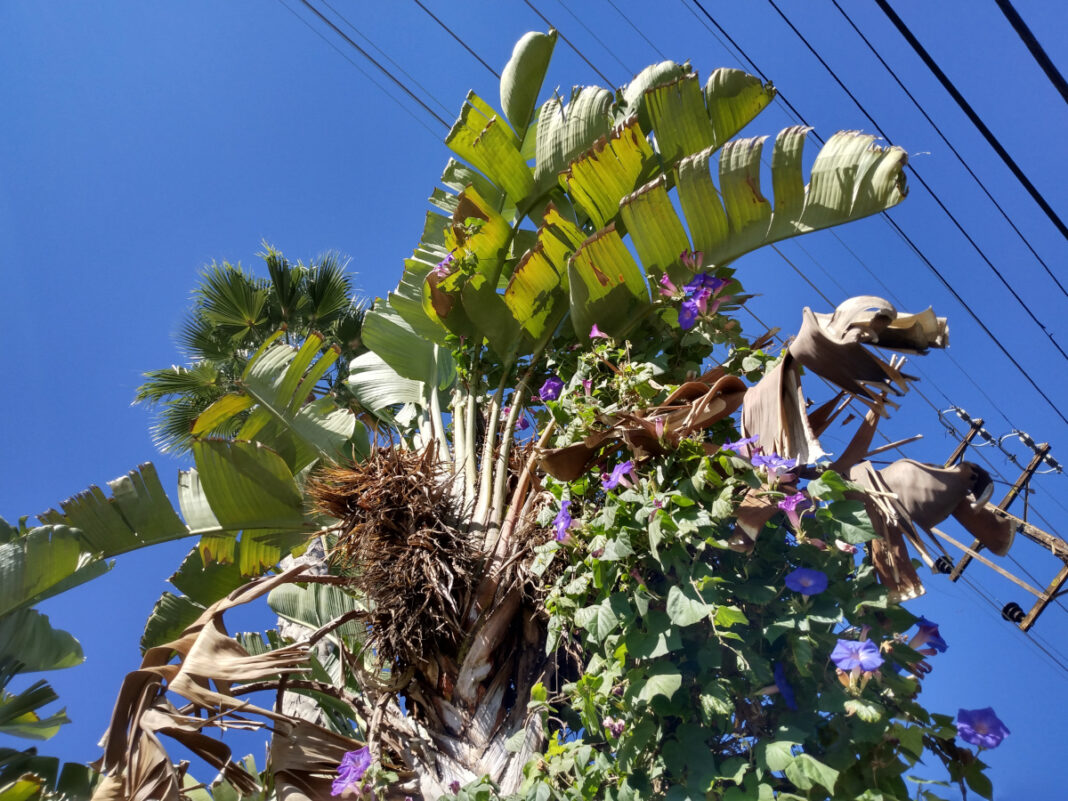UNITED STATES—Then, as now, the potholes of New Orleans served as a hamper on speeding cars and it made the city a good and reasonably safe place to stroll. Sam Delaney, for all his wealth, was an inveterate walker, the moreso during his “retirement.” At long last he got to his dear retirement project, lovingly contemplated for many years: redoing the yellow-brick mansion on Audubon Place. Not only did Rebecca need no explanation, a walk was a good way to get out of the house, which was a shambles most of the time, now that it was getting all new wiring, plumbing and façade.
Whenever he could, Sam got away from the dust and racket, he loped on down to the wharves and docks, where he liked to hang out and talk, trade shop talk. Little by little intruded on his brain the recurring vandalism of seeing men, some droopy shouldered, some immaculately clean, you could see despite the wear and tear on their clothing. Their numbers were growing as two autumns and two winters went by. Sam observed the striving of a few to keep order, keep clean, sweep the cracked sidewalks around their lean-tos. Maintain order, keep their old kettle shiny, fold up things and do their best to disappear when the droves of tourists daily invaded the French Quarter.
Sam always saw the best and tried to put his feet in action, hands to the wheels. What concerned him was discovering what needs to be done about something. Not just talking about it; a complaint never solved anything, and the solace of complaining was a self-ingested slow-acting toxin, Sam knew. Not just the nation but the globe was hurting. Sam’s retirement was haunted by speculation of what seismic political upheavals could come from this touchy moment. Mostly it was Sam, taking all the information in, he who’d seen the ships coming in many times for him. Now he was seeing them go out and his fortunes were diminishing, diminishing – reminded the seagulls’ melancholy cries.
“I look at the brighter side,” Sam said to himself, amid the pulp and maw. His fortune was shriveling up as the world teetered on a market abyss. Being the optimist means seeing in the pelted rainclouds a whole lot of hustle coming his way, a boatload of it. Back to begin.
Due to the particular vulnerability of his assets tied to the fate and progress of the Allied Pulpo, the Octopus, the prototype of the bloodless, corporate behemoth. Sam found it hard to conceive that these prissy country club types could ever eat a banana, but they must, in the privacy of their estates, when the servants were asleep, pad down into the dark kitchen and gobble down a Gros Michel in the new-fangled light-bulb that turned on when you opened the door.
Somewhere inside that lanky frame of his, Sam was getting spooked and scared, but he knew to never let on. The bindlestiffs might consider what he still had a fortune to dream of, but he had Rebecca to think about and the two children. His daughter was now ready to matriculate to Radcliffe College. The $800 tuition wasn’t going to break the bank, but it was something to consider. There’d be room and board, and nothing was certain as the global economic catastrophe howled that seemed bound to illustrate the extreme vulnerability of the banana trade, for Allied Fruit was the prototype, the model, for the modern global corporation.
It was faceless and efficient, and its produce was grown in the equatorial belt of Bananaland and its consumers were concentrated in North America. The consumers depended on the isthmus countries and they in turn depended on the United States.
In the midst of the world crisis, fuel costs, overproduction and the fleet of banana boats, all could be hobbled. Sam’s wealth was on the verge of draining over the horizon. He felt a jolt of raw horror he’d entrusted his future to Allied.
To be continued. . .
Grady is the Wizard of Fiction.






